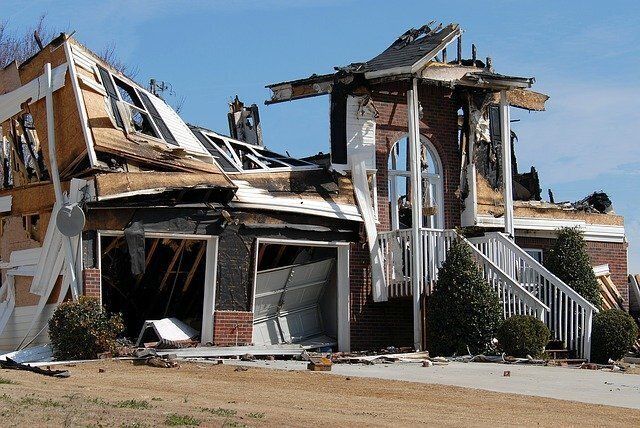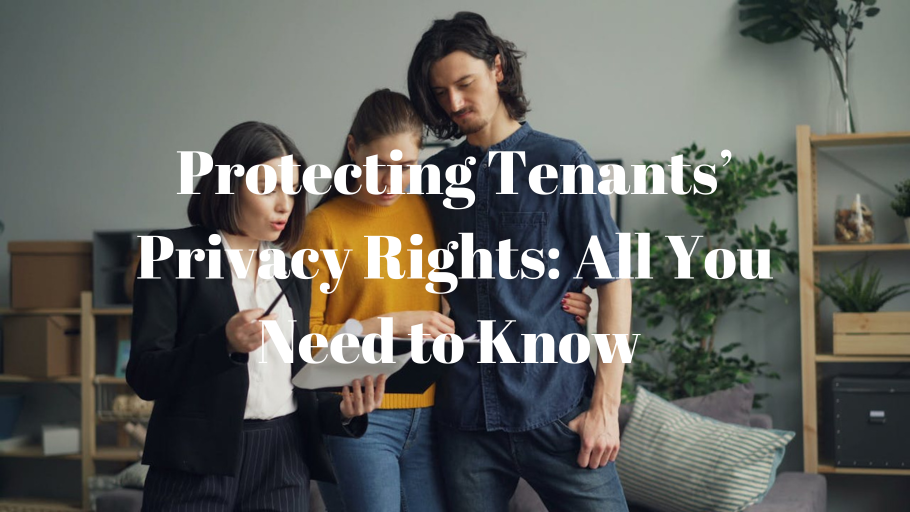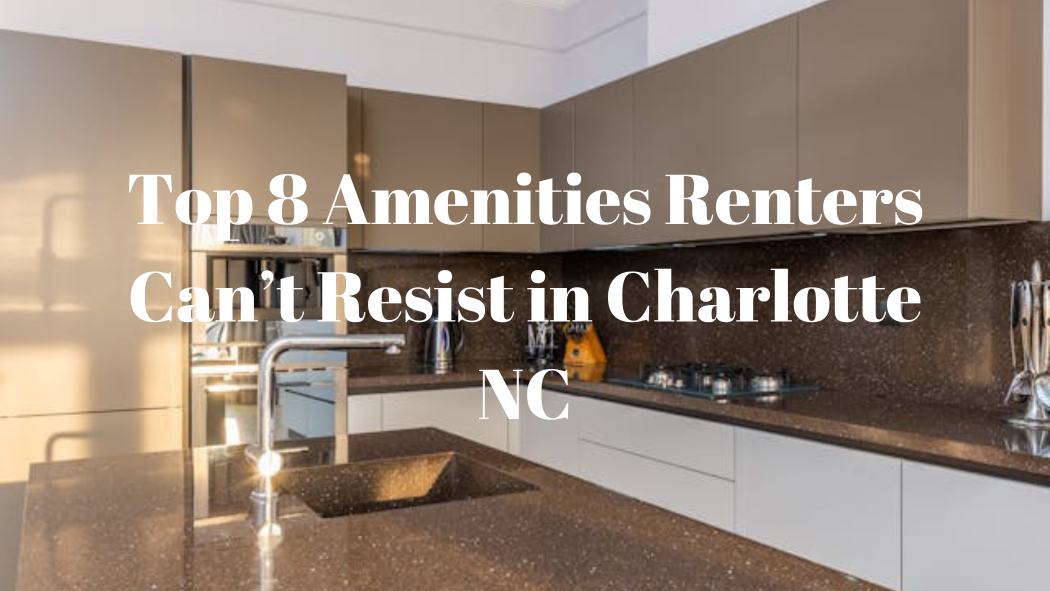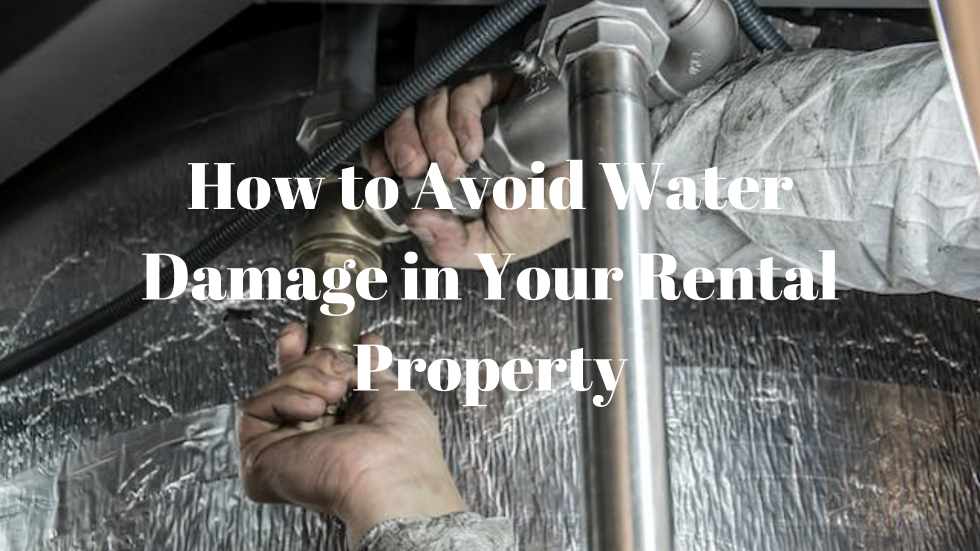What You Need to Know About Insuring Your Rental Property
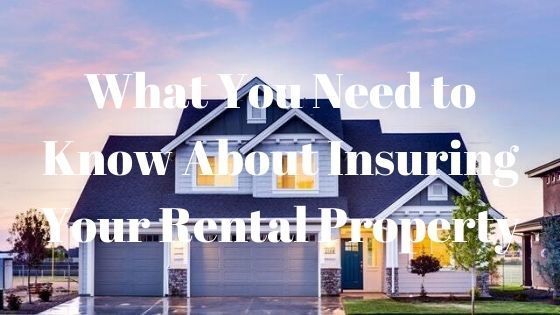
What is "Landlord's Policy"?
If you do not personally live in the house you are trying to insure, it is only able to be covered by a landlord policy. Within this policy, there are certain possible coverages (depending on your policy) that will really protect you as the rental property owner, including:
Property Damage
Covers damage to your building and personal property in the event of extreme weather, a fire, theft, electric/gas malfunction, vandalism and tenant damage (to name a few). In the event of a total loss, it is even possible that your policy could cover the replacement costs for the entire rental property.
According to Home Advisor, the average cost of repairs after a bad storm is around $8,000. Many landlords own multiple rental homes, plus their own home, in the same area. Imagine that they all were hit by a bad storm at the same time. A landlord's policy on your properties would help you recover in an event like this and help you out financially with the repairs.
Loss of Income
In the case that your rental property becomes uninhabitable due to a covered loss and you are no longer able to rent it out while it is being repaired, your policy might protect you against your loss of income. Meaning, you could receive a "rental reimbursement" to make up for the money you would have been receiving if you would have been able to rent out your place.
Liability Insurance
This is a really important portion of your policy. Liability coverage protects you against claims and lawsuits filed against you by tenants or visitors that have been injured on your property premises, where you, the landlord, are at fault because of a property maintenance issue. Lawsuits can obviously be extremely expensive and damaging.
Liability coverage can help you cover the costs associated with an accident occurring at your property, such as the medical bills, legal fees and possible settlement costs. Understanding the types of liability that you may have for injuries on your property (such as slip and fall injuries) is key in avoiding them altogether.
There are some other optional coverages that you can add to your policy that you'll want to talk to your insurance agent about, including rent guarantee insurance, emergency coverage, landlord furnishings (if you have any of your own personal property in the rental) and more. Always remember that with homeowner’s insurance AND a landlord's policy, flood damage is NOT covered. These are additional coverages that need to be purchased.
How Much Does a Landlord's Policy Insurance Cost?
Because rental properties are more prone to damage and possible claims, a landlord's policy is usually about 15-25% more expensive than a homeowner's policy on the same property. The cost also varies based on the type of rental property you need to insure. Obviously, a small rental unit will be much cheaper than a large, multi-unit building. Your premium is determined by several factors, including:
· The geographic location of the property
· Any known risks of the area the rental is in
· How many units are within the property
· The age and condition of the building
· If you have a security system in place
· If it is a complex with a gate
· If you have sprinklers installed
· If you allow smokers to rent from you
· Whether your electrical wiring is up to code
· The size of your building
Be sure to ask your insurance agent for discounts that could be available for bundling your policies.
The Bottom Line
If you own a rental property, you really have no choice but to purchase a landlord's policy if you want to protect yourself and your property against financial loss from accidents, severe weather, injuries and other possible liabilities. A good insurance agent will work hard to find you the best coverage at the best price while thoroughly explaining your policy to you and possible additional coverages that you might need.

